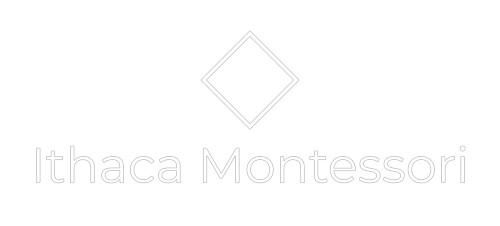You’ll be hard-pressed to find a school district without a Montessori school. Given that the Montessori Method originated in Italy over a century ago, it might somewhat surprise you. Dr. Maria Montessori devised the Montessori Method in the early 1900s. Since then, Montessori preschools and schools have popped up globally.
Despite not being a new educational philosophy, the number of Montessori schools continues to grow exponentially. Research shows over 5,000 Montessori schools exist in the US alone. Preschools continue applying the Montessori Method, and parents wish to send their children to a Montessori preschool. As a result, it raises the question: Why has Montessori education withstood the test of time?
For starters, numerous studies show that the Montessori Method is particularly beneficial for students, giving them a significant advantage in academic and social development. You’ll be interested to learn that some of the world’s most eminent thinkers today, like Jeff Bezos, Larry Page, Jimmy Wales, Gabriel Garcia Marquez, and Will Wright, all went to Montessori schools.
However, that still doesn’t address the things the Montessori Method does well that contribute to its sustained and ever-increasing growth.
Why Montessori Education Has Stood the Test of Time
Here’s a deeper insight into why Montessori education has withstood the test of time:
Focuses on Children’s Individual Developmental Needs
One of the primary reasons behind the Montessori Method’s success is that it refrains from adopting the one-size-fits-all approach. The Montessori Method embraces each child’s uniqueness and individuality. It understands that children have varying individual development needs because they develop at different rates. For instance, one child might display excellent fine-motor control skills when they’re three, while another child might not showcase the same abilities until they’re four or five. Dr. Maria Montessori cracked the code over a hundred years ago when she recognized that children’s development differs, and that’s precisely where the Montessori Method shines. It enables children to continue learning at their own pace through self-correcting materials. As a result, the Montessori Method promotes an experimental and discovery-based hands-on learning system. More importantly, Montessori lessons cater to where each child is academically at the moment. Children learn concepts as they become interested in them.
Instills Values in Children
Montessori classrooms are also excellent because they foster values in children that contribute to their social development. Montessori schools foster independence and autonomy within children by letting them choose the materials they want to play with and work with instead of forcing them to follow the teacher’s instructions. Likewise, Montessori schools also help children learn self-discipline and order. They achieve this by devising daily routines for children to follow. Adhering to these routines brings order to children’s lives because they have a specific and predictable routine. Sticking to this routine also helps children regulate their emotions because it provides them comfort and familiarity.
In addition, Montessori classrooms also promote discovery and exploration. Children are free to choose the self-correcting materials they want. Since the classrooms are child-centric, the child’s interests dictate their learning.
Get Started with Ithaca Montessori
Are you looking to enroll your child in a preschool in Nashville, TN? Ithaca Montessori is a Montessori school that focuses on early childhood development. Ithaca Montessori embodies the Montessori Method to the fullest. Hence, it might be an excellent pick for you if you’re looking for a Montessori preschool for your child. Our Kids Education Program can prepare your child for success later in life. Our Montessori is perfect for 2.5-5-year-olds. Visit our website for more information. Alternatively, contact us today to learn more.


